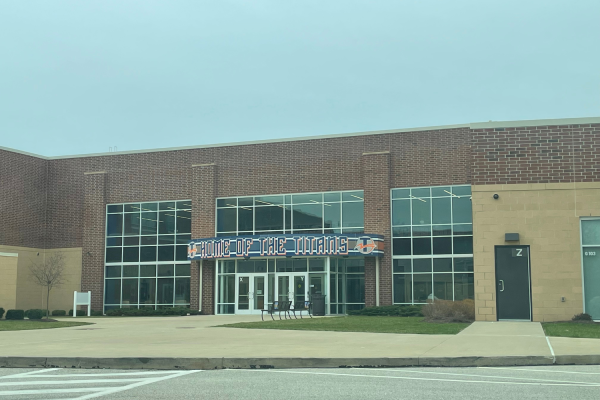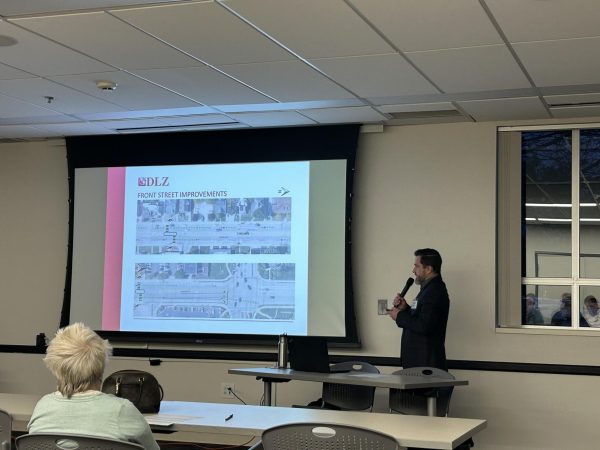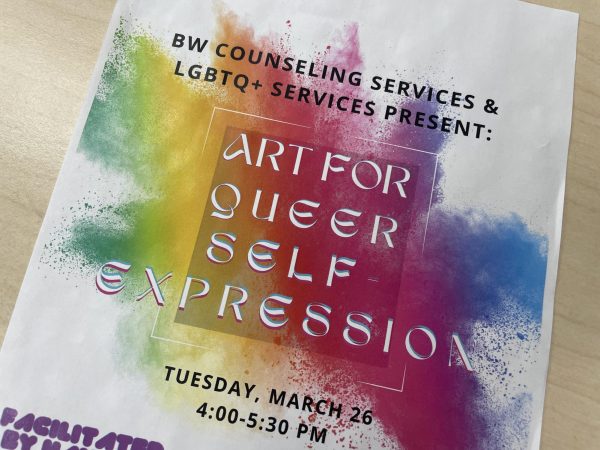Presidents of BW Political Clubs Speak Out on New Ohio Gun Laws
In recent years the concept known as “constitutional carry” has swept the nation, with Ohio recently joining the list of over 20 states to adopt the policy.
The recently-passed constitutional carry measure will take effect on June 12, allowing people over the age of 21 in Ohio who can legally own firearms to carry a concealed weapon without a permit or training. The policy is sometimes also referred to as permitless carry because concealment of firearms often requires licensure in many states.
Permitless carry policy is referred to as “constitutional carry” based on the interpretation of the Constitution which posits that there can be no infringement of Americans’ right to bear arms. Advocates of constitutional carry legislation reference the second amendment, which states that a “well-regulated militia” is “necessary to the security of a free state,” in support of lax gun policy.
Since the ratification of the Constitution, the intensity of gun policy has experienced much change despite the commonly referenced line “shall not be infringed.” Gun control has been part of American law throughout its history.
In particular, constitutional carry legislation is a relatively new phenomenon, especially in its scope and popularity. Most states that adopted the policy have done so within the last two decades; Ohio is only part of a much larger national trend in favor of legalizing permitless concealment.
American politics is rife with disagreements about the right to bear arms, but what do young people think on the matter? The presidents of both Baldwin Wallace College Republicans and College Democrats shared their thoughts on permitless carry.
Andrew Smith is a political science major and president of BW’s College Democrats. In an interview with the Exponent, he expressed his concerns over the new permitless carry legislation, primarily about the possibility of an increase in crime.
When asked about the new Ohio policy, he said that permitless carry is “something that we disagree with.” He said permitless carry laws are “not keeping our police officers safe.”
“The law does not require you to disclose to police officers that you have a weapon,” Smith said. “I think we are going to see higher numbers in homicide, [and] higher numbers in suicide by gun.”
Smith clarified that he is not against the ownership of guns, but also that some restriction is reasonable for the sake of public safety.
“There are plenty of pro-gun democrats,” Smith said. “Personally, I support the second amendment and the right to protect yourself. When we are making it easier to have a gun, that’s where it becomes a problem.”
Smith believes that the previous gun control legislation enforced in Ohio “was reasonable” and “[did] not infringe on someone’s second amendment rights.”
President of College Republicans and international studies major Sarah Giddings told The Exponent she was focused on ensuring the guaranteed rights of people, but like Smith, she also expressed her concerns about gun safety.
“I think it is a difficult balancing act,” Giddings said. “Those four words ‘shall not be infringed’ are very important in the Constitution, but also gun safety is really important.”
That difficult balancing act is applicable to Ohio’s new law, Giddings said.
“I theoretically like permitless carry… but at the same time concealed carry licenses, although they could be considered an infringement, they guarantee gun safety and gun education,” she said.
When asked about gun laws generally, Sarah took a more hardline approach to non-intervention on the part of the government. She still thinks that gun safety is essential but that people’s right to have guns must be protected.
“Guns are dangerous, but a gun is a tool; the government doesn’t stop you from buying a hammer and hitting yourself in the thumb because you don’t know how to use it,” Giddings said. “[There are] a whole lot of stupid regulations, but I don’t mind licensure.”
Despite partisan differences, it seems that the main points of each club president overlap. Baldwin Wallace College Republicans and Democrats each value the second amendment and gun safety – the disagreement arises mainly in application.
The Exponent is looking for financial contributions to support our staff and our newsroom in producing high-quality, well-reported and accurate journalism. Thank you for taking the time to consider supporting our student journalists.

















































